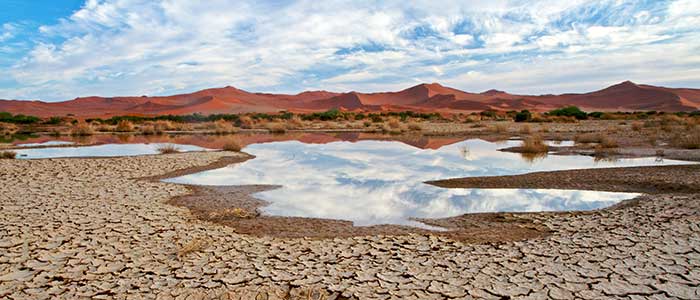Web_DroughtZambia_shutterstock_74778760.jpg

Drought in Africa
The money will support the 14 countries most severely affected by the worst drought the region has seen in decades, which has left almost 36 million people unable to feed themselves.
The bank said the package will consist of $5m in emergency relief and $361m in longer term support. An additional $183m will be made available in 2016 through a mechanism that will see faster disbursements of funds to ongoing projects that build resilience to drought.
The lack of rain, induced by the cyclical weather pattern El-Niño, which has been wreaking havoc across the world in recent months, has disrupted crop and livestock production, sparking food crises throughout the region.
Lesotho, most provinces in South Africa and Zimbabwe have all declared a state of emergency, and the Zimbabwean government has appealed for $1.5bn from its private and third sectors to help the 2.8 million people in need in the country. Mozambique and Malawi are also among the worst-affected.
Leaders across the region met in February to discuss how to cope with the worsening food crisis.
Ethiopia has also been hard-hit by the drought. As many as 18 million people in the country were in need of support at the start of this year.
AfDB president Akinwumi Adesina noted that in recent years droughts and floods have been occurring with increased severity, frequency and variability in many parts of Africa, where agriculture is particularly vulnerable to weather fluctuations due to being 95% rain-fed.
Citing global warming as the cause, Adesina said that the bank will increase flexibility in the use of its financial instruments to speed up disbursements to meet the urgency of the problem.
Africa is among the world’s regions set to be worst-affected by climate change, with many arguing its effects are already observable.
The United Nations Environment Programme estimates that the price tag for helping Africa alone adapt to climate change could be $67bn by 2050, even if the world manages to limit a global temperature rise to below 2°C.
The AfDB recently gained the ability to disburse money from the Green Climate Fund for climate change mitigation or adaptation projects, which it is hoped will channel more funds to the continent which still lags behind others in attracting the money needed for climate-smart initiatives.
While El-Niño is a natural phenomenon not caused by climate change, it is both exacerbated by it and vice versa.













